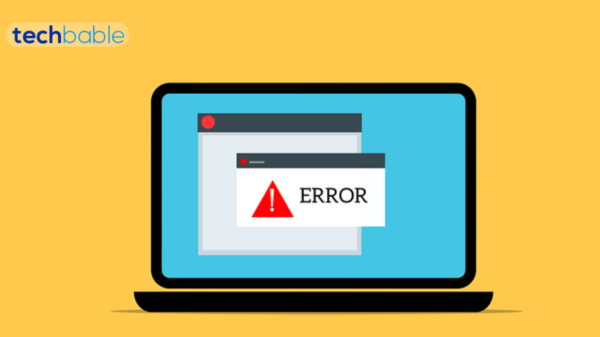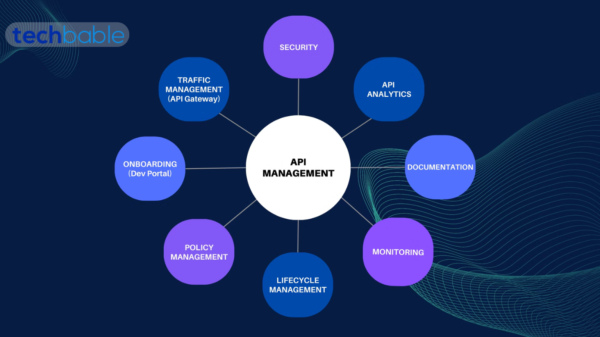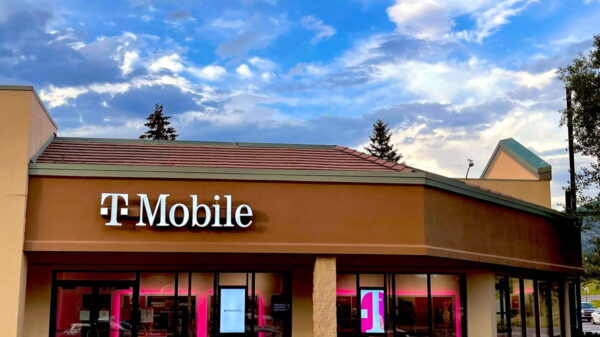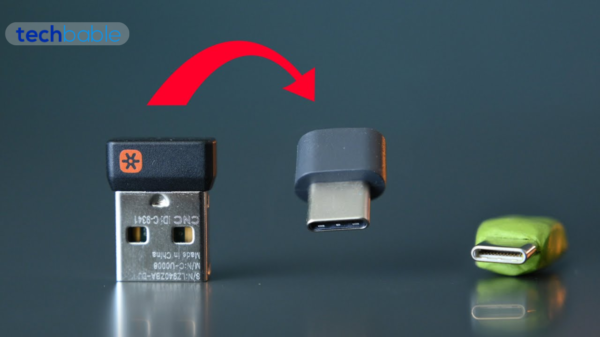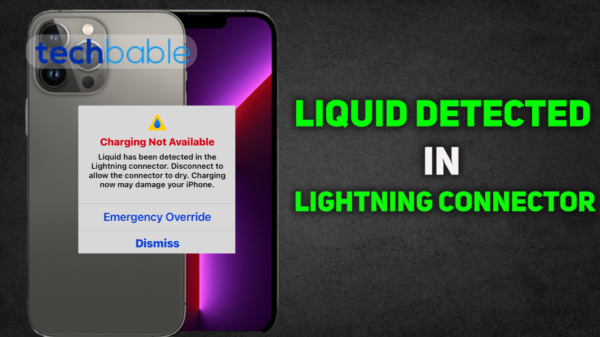More and more companies are looking to outsource payment processing for their businesses. When you outsource your payment processing, you are entrusting a third party with a critical part of your business. It’s important to have a clear and concise agreement in place that outlines the responsibilities of both parties, the fees, and the terms of the agreement. Below are some key points to look for in a payment processing outsource agreement.
Breach of Contract and Termination Clauses

When looking for a payment processing outsource agreement, you should understand the breach of contract and termination clauses. These clauses outline what actions can lead to a breach of the agreement and how either party can terminate the arrangement.
A breach of contract can occur when one party fails to meet its obligations under the agreement. This might include failing to process payments on time or not meeting quality standards. In some cases, a breach might also occur if the company outsources payment services to another company without written consent from the original provider.
The termination clause outlines how either party can end the agreement, typically citing specific reasons such as a material breach or expiration of the term. It’s important to review these clauses carefully so that you are aware of your rights in case of a dispute.
Exceptions and Special Considerations

When contracting with a third-party payment processor, it’s best to understand the exceptions and special considerations that may impact payments. For example, certain products or services may be exempt from processing fees. Additionally, there may be restrictions on which credit cards can be used to pay for certain items.
It’s also important to confirm how refunds will be handled and who is responsible for disputed transactions. In some cases, the payment processor may require exclusive rights to process all payments for a given merchant. These and other factors should be considered when negotiating a payment processing outsourcing agreement.
Confidentiality and Non-Disclosure Agreements

When entering into a payment processing outsourcing agreement, consider the importance of confidentiality and non-disclosure agreements. A payment processing outsourcing agreement is a confidential business arrangement, and as such, each party should take measures to protect the secrecy of the other’s information. This can be accomplished through the use of non-disclosure agreements (NDAs), which are contractual provisions that prohibit either party from disclosing confidential information to any third party without prior written consent from the other party.
In addition to protecting against unauthorized disclosure of confidential information, NDAs also help ensure that each party will not misuse or misappropriate the other’s trade secrets or intellectual property. By entering into an NDA with your payment services provider, you can be assured that your sensitive business data will remain safe and secure.
Fees

When looking into a payment processing outsource agreement, look for a company with a fair and reasonable fee structure. Some processors will charge a monthly fee, a per-transaction fee, and a percentage of the sale price. Others may charge a lower monthly fee but have a higher per-transaction fee. Be sure to understand how the fees will be calculated, so you can accurately compare the costs of different processors.
Some processors also charge a set-up fee, which can be a significant expense if your business is just starting out. Others may not have any set-up fees but will charge a cancellation fee if you decide to switch processors. Be sure to ask about all potential fees before signing an agreement with a payment outsourcing company.
None of the fees mentioned here are excessive, but it is important to understand how each will be calculated. By taking the time to understand the fee structure, you can be sure that you are getting the best deal possible from your payment outsourcing company.
Outsource Provider Agreement
When looking for a payment processing outsource agreement, consider the breach of contract and termination clauses, exceptions and special considerations, confidentiality and NDAs, and the fees. Each of these items should be considered when choosing the right outsource provider for your payment services.
Thanks For Reading
More Read On Tech Bable


